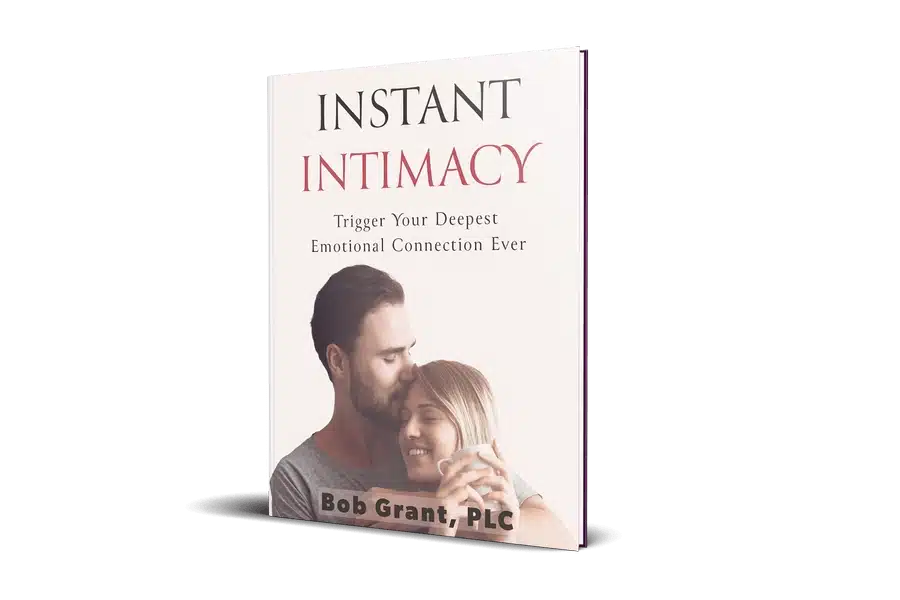If there was one part of my job that I could do without, it is watching couples spiral down the path to divorce. While most couples I see don’t end up getting a divorce, there is that small percentage who are so filled with resentment that either one or in some instances both of them, has already decided the marriage is over.
Some Relationships Can Be Saved, Some Shouldn’t
While I firmly believe that if two people want to stay together, it really is possible to build something wonderful, there are some situations where one party has decided they have suffered too much pain. It has become a matter of protecting themselves.
I have read many books which state things like, “How to change your partner even when they don’t want to be changed.” I must admit, I have suggested many of these very techniques to wives and husbands whose spouse would never come to counseling.
Not Every Circumstance Can Be Changed
But to tell you the truth, there are some circumstances (e.g., chronic unfaithfulness, physical abuse, etc.) that make it nearly impossible for one spouse to carry the weight of two. For those of you who have been divorced or if you know of someone who has, let me say that from my experience, what you or they felt was often more traumatic than what most people will ever experience in their lifetime.
The reason – divorce is more like a death than anything else. In many cases, it affects individuals even worse than a death, because a choice is involved and the other person is still out there living. If your spouse dies, there is a certain degree of fate. Something terrible happened beyond your control.
With a divorce, a choice had to be made. Perhaps it shouldn’t have ended. If only I had given him (her) another chance. Why did I wait so long? Is there something wrong with me? The questions could go on forever.
Healing the Pain
What can be done to help heal the pain of a divorce?
The first and most critical step is to allow yourself time to heal. The first few months (perhaps longer) following a divorce are not the time to try and figure out what went wrong. Trying to be your own counselor only prolongs the feeling of hopelessness. Let others help you.
There are people (e.g., family, friends, professionals, etc.), who would love to offer you support, but they need to have their offer accepted. If you isolate yourself, it becomes almost impossible for others to support you. The first six months to a year after a divorce are hard enough; don’t make it worse. DON’T ISOLATE YOURSELF.
Reflection and Understanding Help the Healing Process
When the time for reflection does come, ask yourself this question: “Why did I attract that type of person into my life?” One of the main reasons that we select or are drawn to a specific type of individual is that subconsciously, we are attracted to someone who will expose those areas in our life that we need to work on.
They will “push our buttons,” so to speak. Given enough time, those individuals that we date and/or marry will expose unresolved issues, character flaws, etc… that we need to address. I guarantee it.
Unresolved Issues = Repeated Mistakes
Here is an example. Susan recently divorced. Her husband had a terrible temper. Not physical violence, but major yelling and screaming. When he became angry, it made her feel out of control. Susan felt that the majority of her problems were related to her former husband’s temper, and she swore that she would never again marry a man with a temper.
Within two years, Susan meets and marries Jeff. Jeff never gets angry. Problem solved, right? Not so fast. There is now a different problem. Jeff does get angry; however, his response to anger is to become quiet –really quiet.
The problem for Susan is that when Jeff is quiet, this also makes her feel out of control. Not in the exact same way that her former marriage did, but eerily similar. Has she made a bad choice with Jeff? I don’t think so, but she has to deal with those feelings of being out of control. The situation forces her to deal with those feelings. If she simply blames Jeff for her unhappiness, she is destined to divorce again.
The Importance of Forgiveness
The final stage of recovery is so simple yet many never realize its importance. FORGIVE YOURSELF, AND FORGIVE YOUR EX-SPOUSE. Forgive yourself for all the things you could have done and forgive your spouse for everything you wish he/she had done.
No one marries with the intention of getting a divorce. However wise or poor the choice to divorce was, it’s done. Going through a divorce is rough enough. If it haunts you for the rest of your life and prevents you from ever taking a risk again, then not only will you miss out, but someone else will too.









